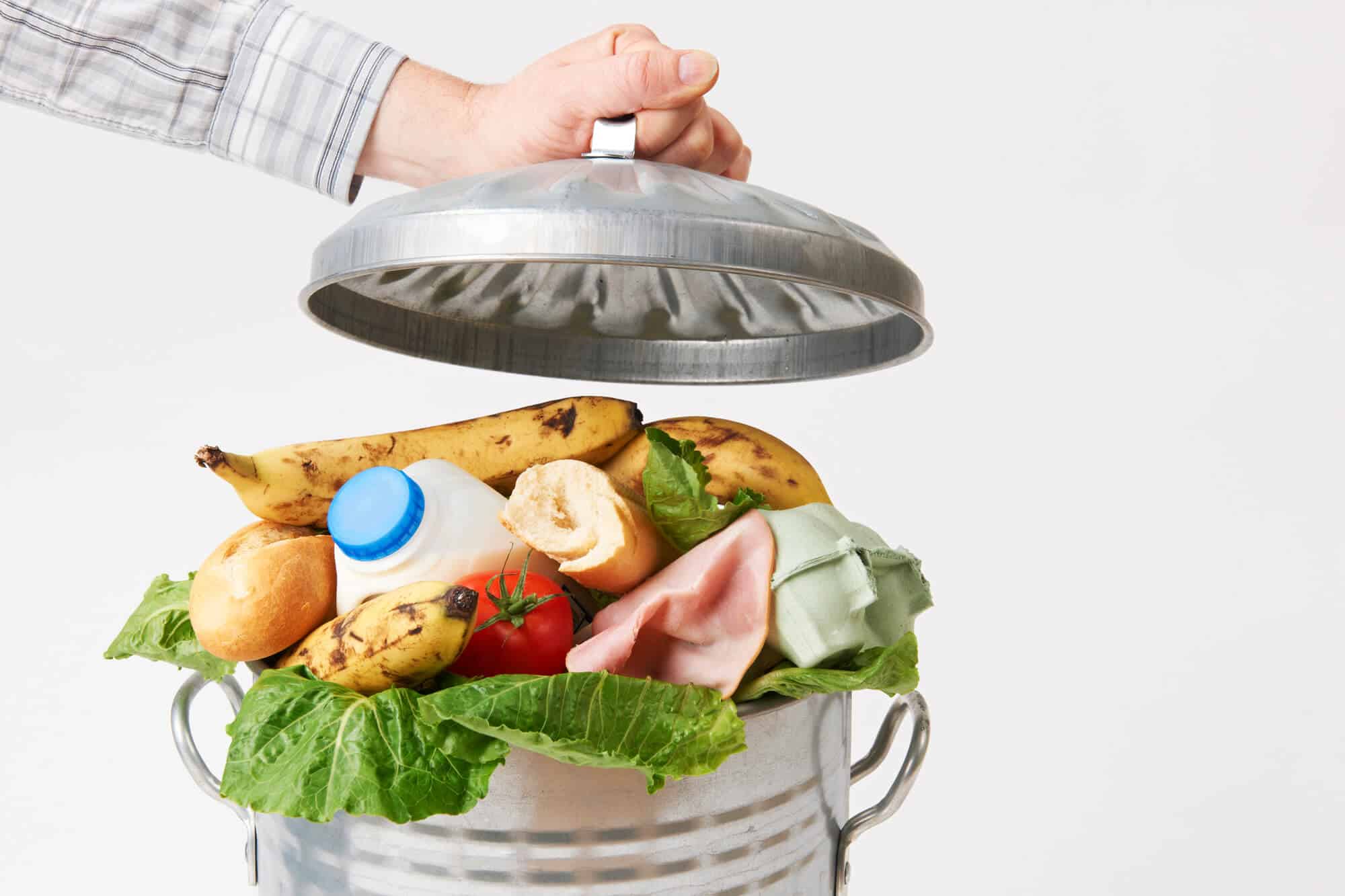The cooperative economy tries to provide an answer to the loss of food

About a third of the food in the world that is intended for consumption is thrown away every year. Food loss occurs at all stages of supply - from production, storage, packaging, processing and marketing to retail and consumption. This phenomenon has environmental consequences (such as wasting 30% of the world's land - equivalent to the size of China), economic (for example wasting resources intended for agricultural crops - such as fertilizer, water and manpower) and social (wasting food that could have fed those suffering from food insecurity). In addition, the amount of food that is thrown away each year contributes to 8% of the production of greenhouse gases (such as methane and carbon dioxide), thus to climate warming - three times more than the aviation industry.
The field of the cooperative economy is trying to provide an answer to the loss of food. It is a socio-economic system that is based on community sharing and is managed on digital platforms. Users can deliver and receive products, services and property and thus make better use of their resources and reduce costs. "Since the dawn of human civilization, people have been sharing food. Today it is possible to do this digitally and thus expand beyond the family and the community. You can take a photo of the food you want to give and coordinate with strangers to collect it," says Dr. Tamar Makov from the Department of Management at Ben Gurion University.
Dr. Makov researches in the field of industrial ecology, which quantifies the environmental effects of products and services throughout their life cycle (from production to consumption). In her current research, which was done in collaboration with the student Tamar Meshulam, and which won a research grant from the National Science Foundation, she focuses on a collaborative economy and examines a British food sharing application, OLIO, which has about five million participants, most of them British, and so far more than 2.2 food items have been shared .
The purpose of the study is to understand the rebound effect of sharing food in the app. The rebound effect is a term originating in energy economics that describes a situation where the efficient utilization of resources increases the demand for them. "For example, a Brit who collected a few meat products a month using the app saved the production of greenhouse gases (because he did not purchase new meat products) and about 100 pounds a month. But how does he use the money he saved? If he buys a plane ticket to Berlin with it, there is really no saving in greenhouse gas emissions and no environmental benefit has been achieved," notes Dr. Makov.
In order to calculate the rebound effect of food sharing in the app, Dr. Makov and her team analyzed using big data methods data on the users from the United Kingdom (such as area of residence, income and education) and about 550,000 food items (such as pastries, sandwiches, ready meals and pantry items) that did not thrown away by virtue of using the application; For example, their economic value (their price and the money saved thanks to their collection) and the environmental benefit of not throwing them away. It was found that sharing these food items contributed to saving approximately three million pounds, 1,800 tons of greenhouse gases and 125,000 cubic meters of water.
The researchers assimilated this data into a well-known economic model (The Almost Ideal Demand System), and thus found the products and services on which the users spent the money they saved and their environmental impact. It was found that from April 2017 to February 2020 (before the Corona period), most of the money saved was spent on food and transportation, which contribute greatly to the production of greenhouse gases. "We found that 80%-100% of the greenhouse gases were not saved because people consumed with the money they saved items and services that contribute to their production. In addition, we discovered that 40% of the water and soil were not saved," notes Dr. Makov.
Today, the researchers are examining how the Corona period (from April 2020 to January 2021) affected the use of the application. It was found that during this period users around the world shared about 1.8 million food items (80% of them in the UK). According to Dr. Makov, "To our surprise, the activity in the application grew by hundreds of percent. The reasons for this may be an increase in food insecurity, more free time and working from home. If the app did help hungry people get food during this period - because then this is its true benefit, in providing food security."
Life itself:
Dr. Tamar Makov, married and mother to Alon and Daniel (6, 8) and lives in Givat Ada. In her spare time she works on the home farm ("with the horses and chickens") and produces olive oil. She also likes science fiction, beaches and cruises.
More of the topic in Hayadan:
